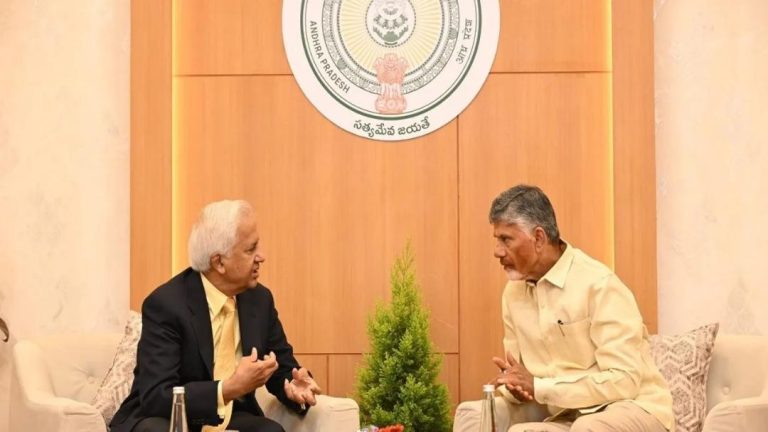
Title: Asked Agencies to Stop Using Bad Maps of India: Israeli Envoy
In a recent development, Israeli Ambassador to India, Reuven Azar, has sparked controversy by admitting that the Israeli government uses incorrect maps of India. This revelation has raised eyebrows and sparked concerns about the accuracy of maps used by various agencies. In an interview, Azar clarified that the use of inaccurate maps has nothing to do with Israel’s stance on India’s borders. Instead, he stated that different authorities release maps from time to time, which are not accurate. As a result, the Israeli government has asked all agencies to stop using these bad maps.
The controversy surrounding the use of inaccurate maps is not new. Maps are an essential tool for navigation, communication, and understanding the world around us. However, maps can also be misleading or inaccurate, which can have serious consequences. In the case of India, the country has a long and complex border with several neighboring countries, making accurate mapping crucial.
The Israeli Ambassador’s statement has sparked a heated debate about the use of maps in international relations. Many have questioned the accuracy of maps used by different countries and the potential consequences of using incorrect information. In an era where technology has made it easier to access and share information, the accuracy of maps has become more critical than ever.
The controversy surrounding the use of inaccurate maps is not limited to Israel and India. Many countries have been accused of using incorrect maps, and the consequences can be far-reaching. For example, in the 1960s, the Soviet Union released a map that showed the disputed territory of Kashmir as part of Pakistan. This move was seen as a clear indication of the Soviet Union’s support for Pakistan’s claim to the region. Similarly, in the 1980s, the United States released a map that showed the disputed territory of Nagorno-Karabakh as part of Armenia. This move was seen as a clear indication of the United States’ support for Armenia’s claim to the region.
In an era where technology has made it easier to access and share information, the accuracy of maps has become more critical than ever. With the rise of digital mapping, the accuracy of maps has become more important than ever. Today, maps are used for a wide range of purposes, from navigation and communication to research and education. As a result, the accuracy of maps has become a critical issue in international relations.
The Israeli Ambassador’s statement has sparked a heated debate about the use of maps in international relations. Many have questioned the accuracy of maps used by different countries and the potential consequences of using incorrect information. In an era where technology has made it easier to access and share information, the accuracy of maps has become more critical than ever.
In conclusion, the controversy surrounding the use of inaccurate maps is not new. Maps are an essential tool for navigation, communication, and understanding the world around us. However, maps can also be misleading or inaccurate, which can have serious consequences. The Israeli Ambassador’s statement has sparked a heated debate about the use of maps in international relations. Many have questioned the accuracy of maps used by different countries and the potential consequences of using incorrect information. As we move forward in an era where technology has made it easier to access and share information, the accuracy of maps has become more critical than ever.
News Source:
https://x.com/ANI/status/1934996681977675955






